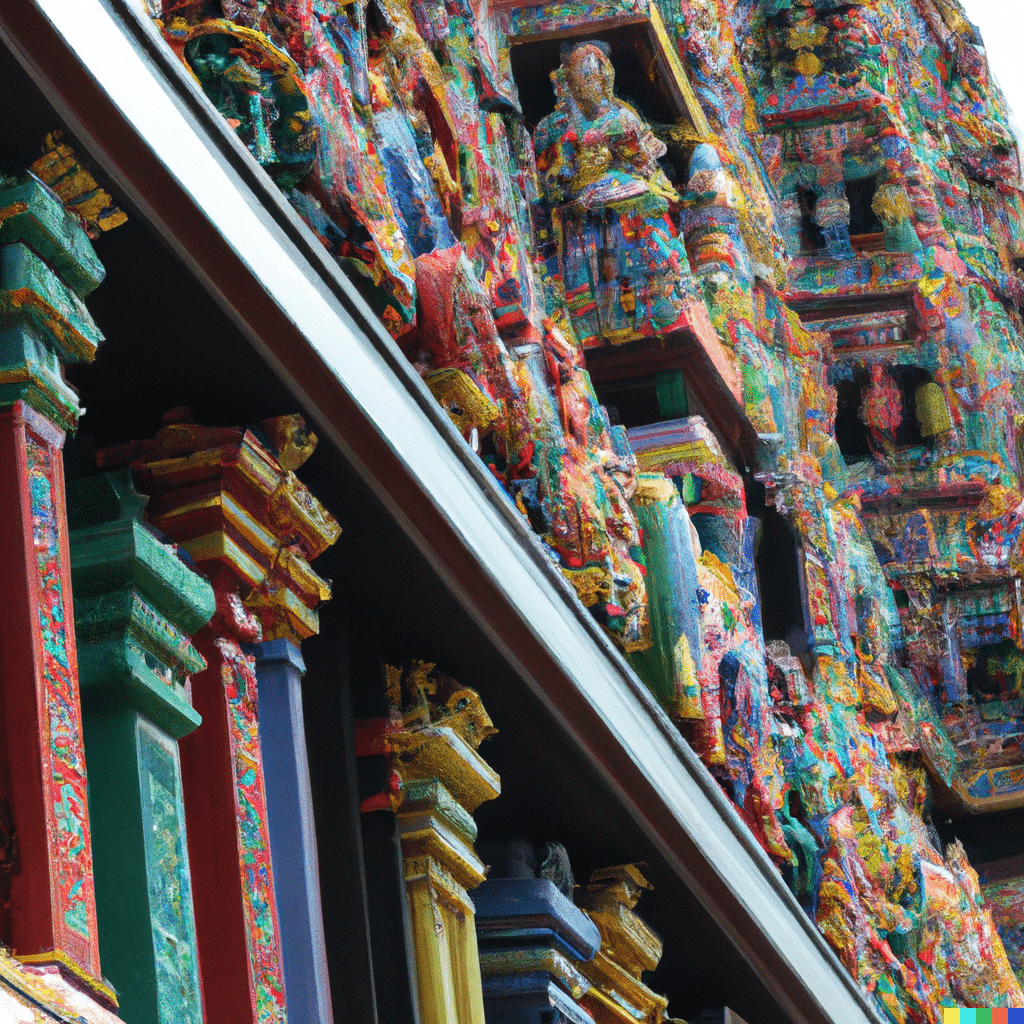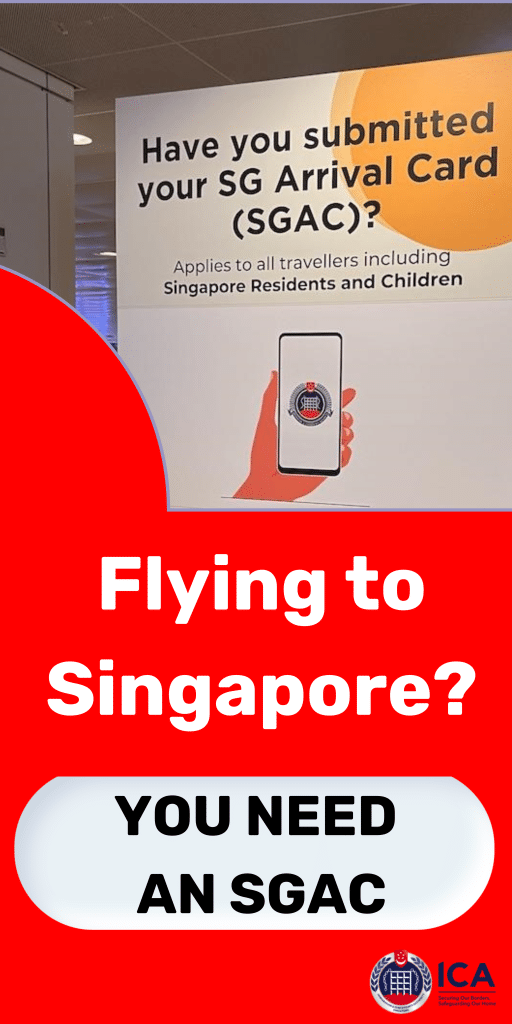As a diverse society, Singapore has taken a nuanced approach to governing issues around religion and faith within an overall secular legal framework. Pragmatic laws aim to balance principles like religious freedom, harmony, public order and security.
This article explores how Singapore’s laws interact with religion – the secular constitutional foundation, rights protections, restrictions, role of institutions, and areas like education and hate speech where law collides with faith.
By elucidating the careful equilibrium between law and faith in Singapore, we gain insight into supporting genuine religious liberty while achieving social cohesion.
Constitutional Framework – Secular State
- Article 15 of the Singapore Constitution affirms religious freedom as a fundamental liberty. Citizens free to profess any faith or none.
- Singapore is defined as a secular state with no official state religion. This ensures neutrality between faith groups.
- However, Constitution designates Islam as the official religion of the sizeable Malay community. A special Administration of Muslim Law Act oversees Muslim affairs.
- Freedom of religion is not absolute – subject to public order, security and other Constitutional constraints.
Secularism prevents any one religion gaining state dominance while allowing spiritual freedom. Minority rights thus protected.
Preservation of Religious Harmony
- Maintenance of Religious Harmony Act enables the state to restrain speech and actions considered inflammatory and disruptive to religious accord.
- Covers acts targeting any religious group that could disturb public peace.
- Allows government ban of published materials, censoring religious leaders’ speech, punishing inflammatory utterances, etc.
- Prioritizes racial and religious harmony as paramount over unfettered speech.
Restrictive but intended to safeguard social cohesion in a sensitive domain. However, application is debated.
Tolerance Over Unrestrained Proselytization
- Active proselytization, especially aggressive tactics, are discouraged to avoid interfaith tensions.
- Religious groups must be registered under the Societies Act. This restricts foreign-led proselytization.
- Law aims to mark clear separation between state and faith activities. No religious group should feel targeted.
- But space remains for non-coercive dissemination of ideas between faiths.
Seeks to strike balance between religious propagation and respectful boundaries.
Education Policies
- Public schools are secular with compulsory religious education for each student in assigned faith.
- This effectively segments students by religion, unlike integrated public schools in other countries.
- Aims to nurture moral education in respective religious contexts.
An alternative model is teaching an inclusive world religions curriculum. But risks diluting specific religious learning.
Administration of Religious Institutions
- Significant autonomy granted to major religion’s institutions in governing community affairs per own religious precepts e.g. Islamic Council governing local mosques’ operations.
- But guided to act within national legal framework and serve broader social interests beyond just coreligionists.
- This cooperative equilibrium maintains religion’s role while upholding rule of law.
Conclusion
Singapore grapples with complex dilemmas at the intersection of law and religion common to diverse democratic societies. Its pragmatic approach carves a middle path balancing religious diversity and harmony through secularism coupled with restrictions to bind society together.
There remain debates around issues like proselytization. But the state’s delicate balancing act has served Singapore well in navigating diversity. With continued wisdom and empathy from all Singaporeans, progressive improvements benefiting society while protecting faiths can keep being advanced.

Goh Jun Cheng is the chief staff writer for SingaporeAirport.com. Jun Cheng graduated with a degree in journalism from Nanyang Technological University in Singapore.
He has over 5 years of experience writing about aviation, tourism, and lifestyle topics relevant to locals and visitors in Singapore. His articles provide insights into the rich culture, cuisine, and attractions of Singapore. Jun Cheng is an avid traveler who has visited over 15 countries.
When he is not writing or traveling, he enjoys photography, trying new foods, and hiking. As a longtime Singapore resident, Jun Cheng is passionate about sharing hidden gems and perspectives about his home country.




